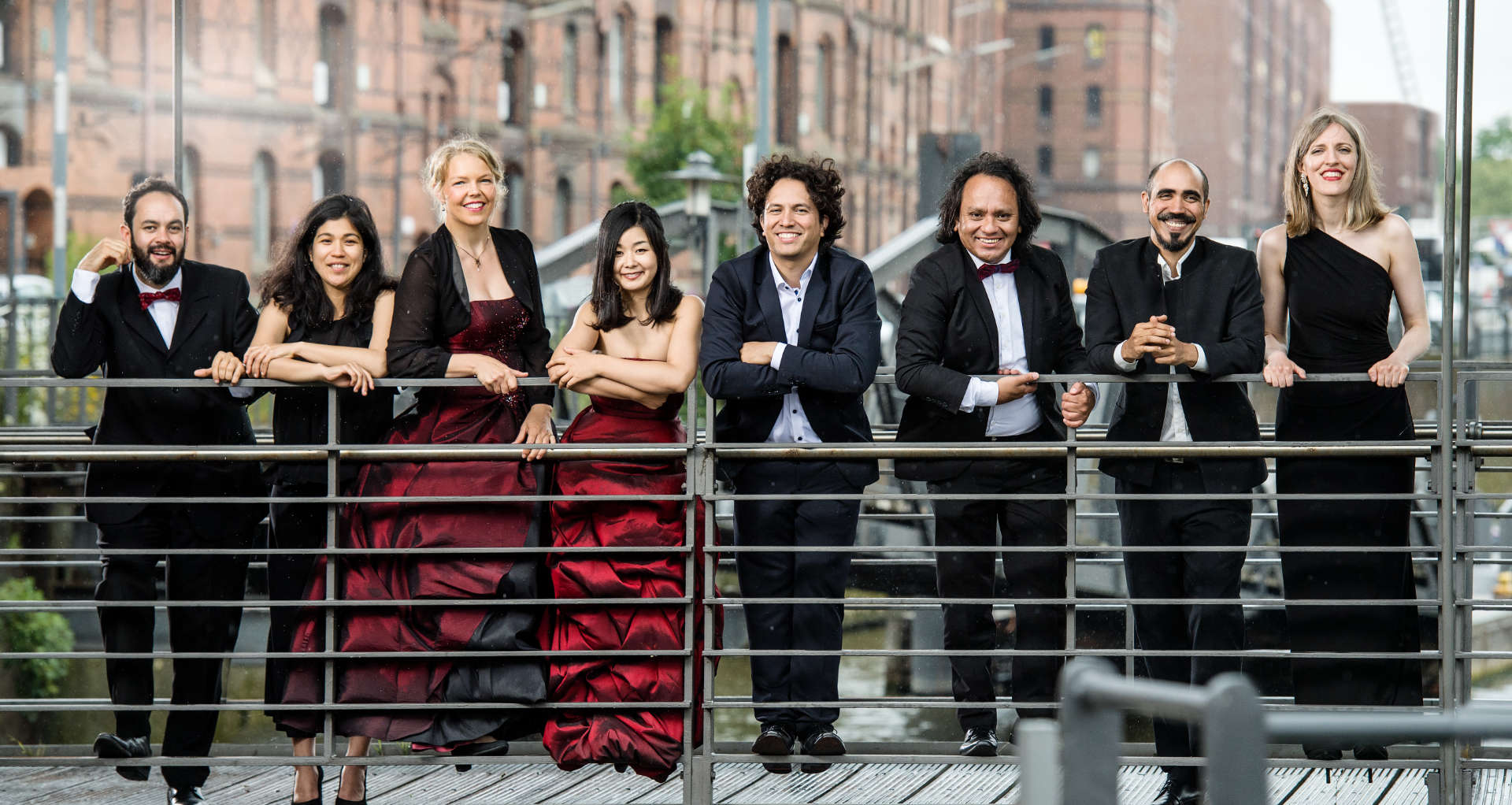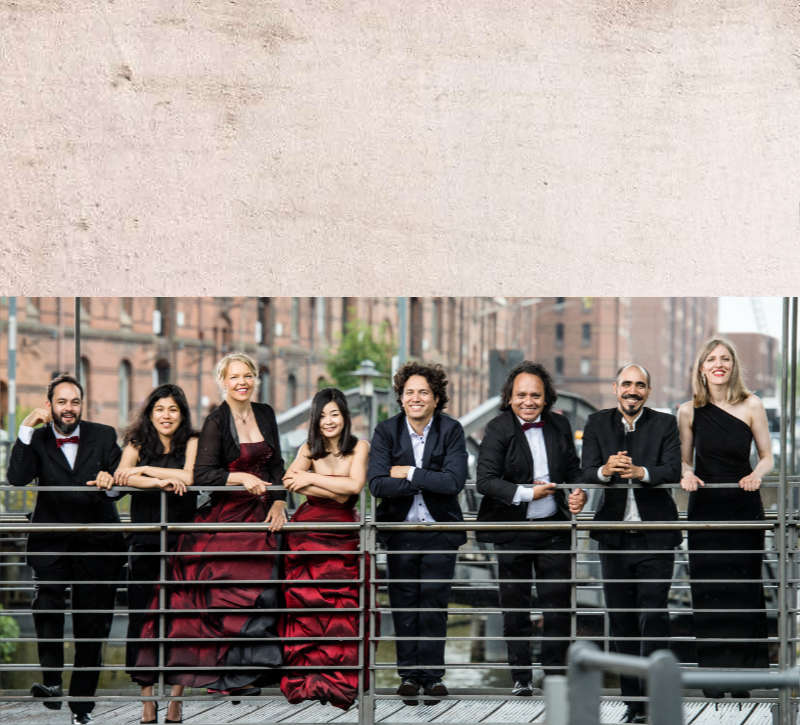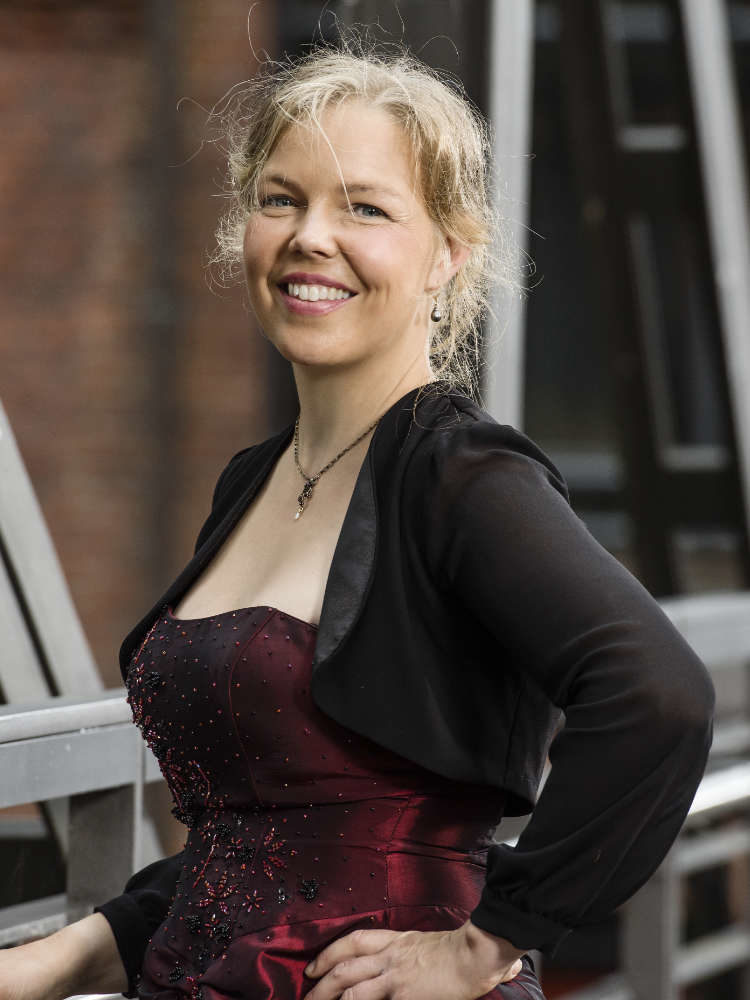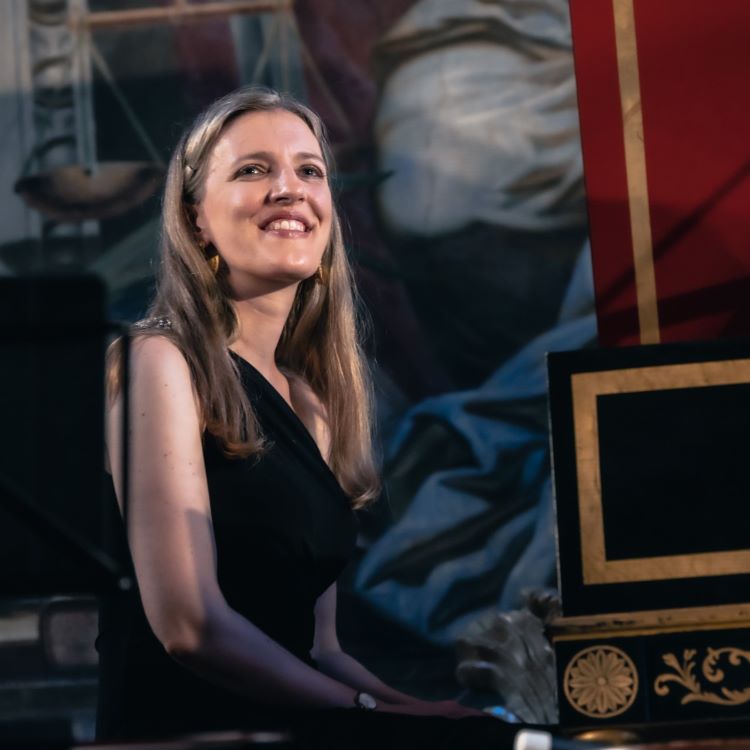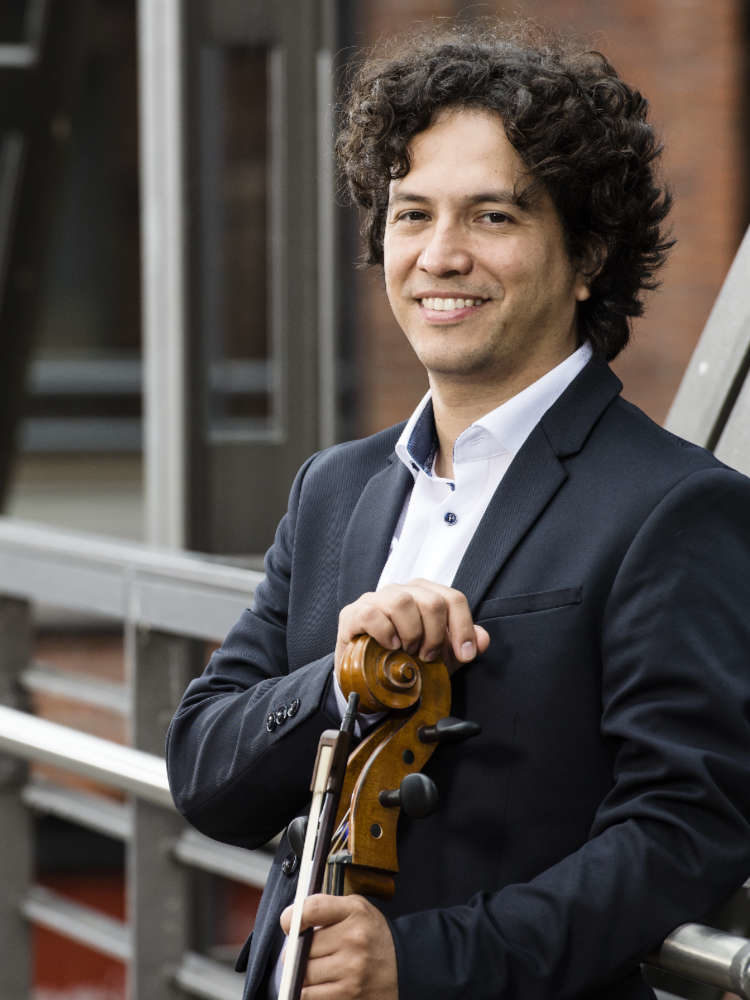
Artistic direction
Néstor Fabián Cortés Garzón discovered his passion for music through learning to play the various percussion and guitar instruments of the traditional music of his native Colombia as a child and proceeded to study classical cello at the Conservatorio de la Universidad Nacional de Colombia in Bogotá, graduating with honors. Cortés subsequently specialized in historically informed performance practice by studying with the internationally renowned baroque cellist Viola de Hoog at the Bremen University of the Arts.
For many years, in addition to his concert life, Cortés has conducted intensive research into the baroque music of South and Central America. He has reconstructed and arranged numerous works from various codices and traditions, which he presents with Los Temperamentos at international festivals. Five albums, all of which received excellent reviews and have been nominated for multiple international awards, are testament to this work. Concert tours have taken Cortés Garzón to numerous countries in Europe, the Americas, and Asia, including Germany, Italy, Portugal, the Czech Republic, Austria, France, Belgium, the Netherlands, China, Ecuador, Bolivia, Peru, Chile, and Mexico.
Furthermore, as co-founder and artistic director of the Bremen Baroque Orchestra, founded in 2015, Cortés is intensively involved with the orchestral repertoire of the Baroque and Classical periods. International productions have brought him together with renowned artists such as Dorothee Oberlinger, Sigiswald Kuijken, Ryo Terakado, Leonardo García Alarcón, Midori Seiler, Alfredo Bernardini, and Giovanni Sollima.
Thanks to Cortés’ creative inspiration, the Bremen Baroque Orchestra has gained widespread audiences and international recognition in recent years with three highly reviewed albums and high-quality video productions on YouTube. The streaming channel recently reached 11 million views worldwide. In 2024, the orchestra also celebrated its Asian debut; on a multi-week tour, the Bremen ensemble performed in a total of 19 Chinese cities. Their latest release, “And every little star,” was nominated for the longlist of the German Record Critics’ Award (Preis der Deutschen Schallplattenkritik) in 2025.
